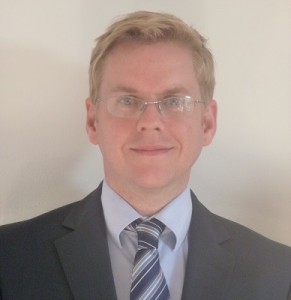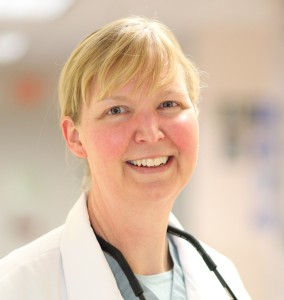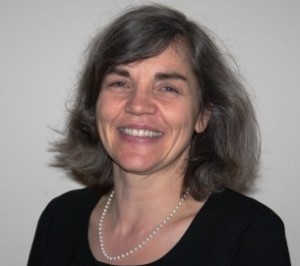 Every day around the world, thousands of operations are undertaken. In the days and weeks leading up to these procedures, surgeons and their patients discuss the goals of surgery, expected outcomes, and concerns about potential unfavourable events. These often thoughtful, and sometimes difficult, discussions culminate in the signing of a legal document: the informed consent.
Every day around the world, thousands of operations are undertaken. In the days and weeks leading up to these procedures, surgeons and their patients discuss the goals of surgery, expected outcomes, and concerns about potential unfavourable events. These often thoughtful, and sometimes difficult, discussions culminate in the signing of a legal document: the informed consent.
This odd juxtaposition of complex communication and the legal process of informed consent was brought into sharper focus by the 2014 Summer Institute for Informed Patient Choice, an event held at Dartmouth College in June (#SIIPC14). This exciting, innovative meeting gathered together patients and their representatives, doctors, lawyers, and healthcare policy makers to address the complex issue of informed consent in the context of patient centred care.
It was disappointing that so few surgeons attended the meeting, because while it highlighted how current practice protects surgeons by focussing on the disclosure of information about the risks of procedures, there wasn’t an opportunity to hear some surgeons’ accounts of why this happens. Patients are often left ill prepared, and even unaware, of the likely success of treatment or the longer term outcomes, but it may be that surgeons are unaware this is the case. It is important that they are aware though, as operations undertaken without the sufficient provision of information to meet patients’ needs can leave patients dissatisfied, and more likely to litigate after surgery.
We think it is time for surgeons to move beyond the legal exercise: to “take back” informed consent, and make it what it should be—a process that encourages high quality communication between doctors and patients.
Taking back informed consent for surgery will be a big challenge. Excellent decision aids exist for scenarios where a genuine choice between treatments can be made, and where evidence to inform the decision is available. In cancer surgery, however, the emphasis is often less on choosing treatments and more on understanding what surgery needs to be done, why it should be done, and what effects the surgery will have on the patient’s life and long term survival.
At the Centre for Surgical Research, University of Bristol, we are applying health services research methods— including in depth interviews and large scale scientific surveys—to identify the information that is agreed by patients and surgeons to be of most importance pre-operatively. Our early work has identified key topics, such as patient centred, quality of life information; as well as information about survival after cancer treatment, which is a sensitive issue that surgeons may avoid discussing.
These topics contrast with the typical language of informed consent documents, which focus on “surgeon important” information, such as immediate surgical complications and technical processes. We will include all stakeholders in this exploratory, developmental, and evaluative work that aims to improve this aspect of practice. The “core information” framework we’re working to develop will hopefully act as a catalyst to further discussion of what’s important to the patient.
We urge those in the field of surgical oncology to join us in both our efforts to take back informed consent, and our aspirations to advance beyond the act of legal documentation. We see a future where patients truly have learned enough about the proposed procedure to be able to determine if it will be right for their personal values and life priorities. Our vision is that patients become prepared, competent, and engaged participants, who are not just aware of what might go wrong, but understand what surgery may truly achieve.
 Barry Main is a National Institute for Health Research doctoral research fellow, and a specialty trainee in maxillofacial surgery at the University of Bristol.
Barry Main is a National Institute for Health Research doctoral research fellow, and a specialty trainee in maxillofacial surgery at the University of Bristol.
 Louise Davies is chief of otolaryngology (head and neck surgery) at White River Junction VA Medical Center. She is also an associate professor of surgery at Dartmouth College, USA.
Louise Davies is chief of otolaryngology (head and neck surgery) at White River Junction VA Medical Center. She is also an associate professor of surgery at Dartmouth College, USA.
 Angus McNair is a clinical lecturer and specialty trainee in general surgery in Bristol, UK.
Angus McNair is a clinical lecturer and specialty trainee in general surgery in Bristol, UK.
 Jane Blazeby is a professor of surgery and honorary consultant surgeon in Bristol, UK. She also directs the Bristol Surgical Trials Centre.
Jane Blazeby is a professor of surgery and honorary consultant surgeon in Bristol, UK. She also directs the Bristol Surgical Trials Centre.
Competing interests: The authors have no competing interests to declare.
Note: BMJ was a media sponsor of the 2014 Summer Institute for Informed Patient Choice conference, which is mentioned in this blog.
